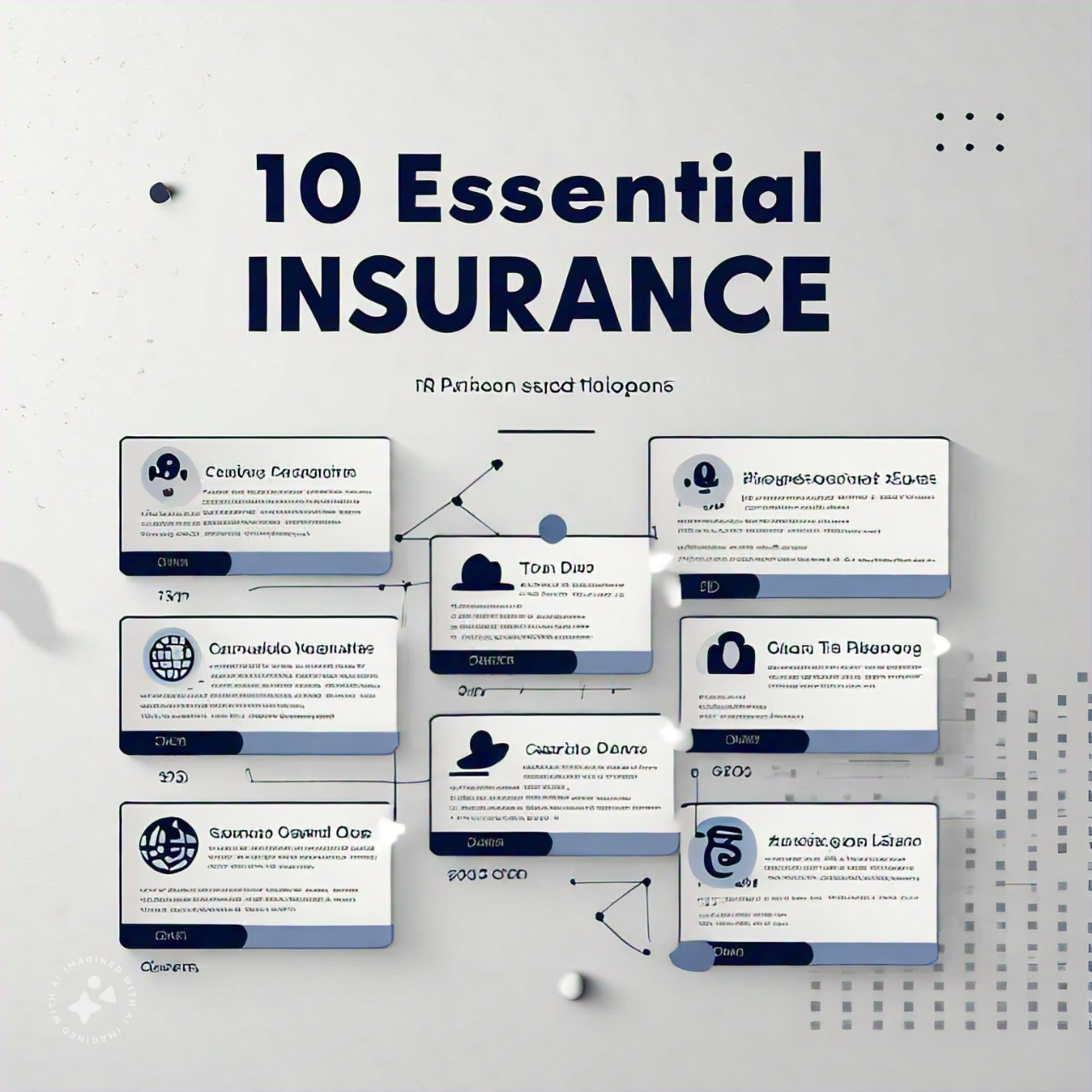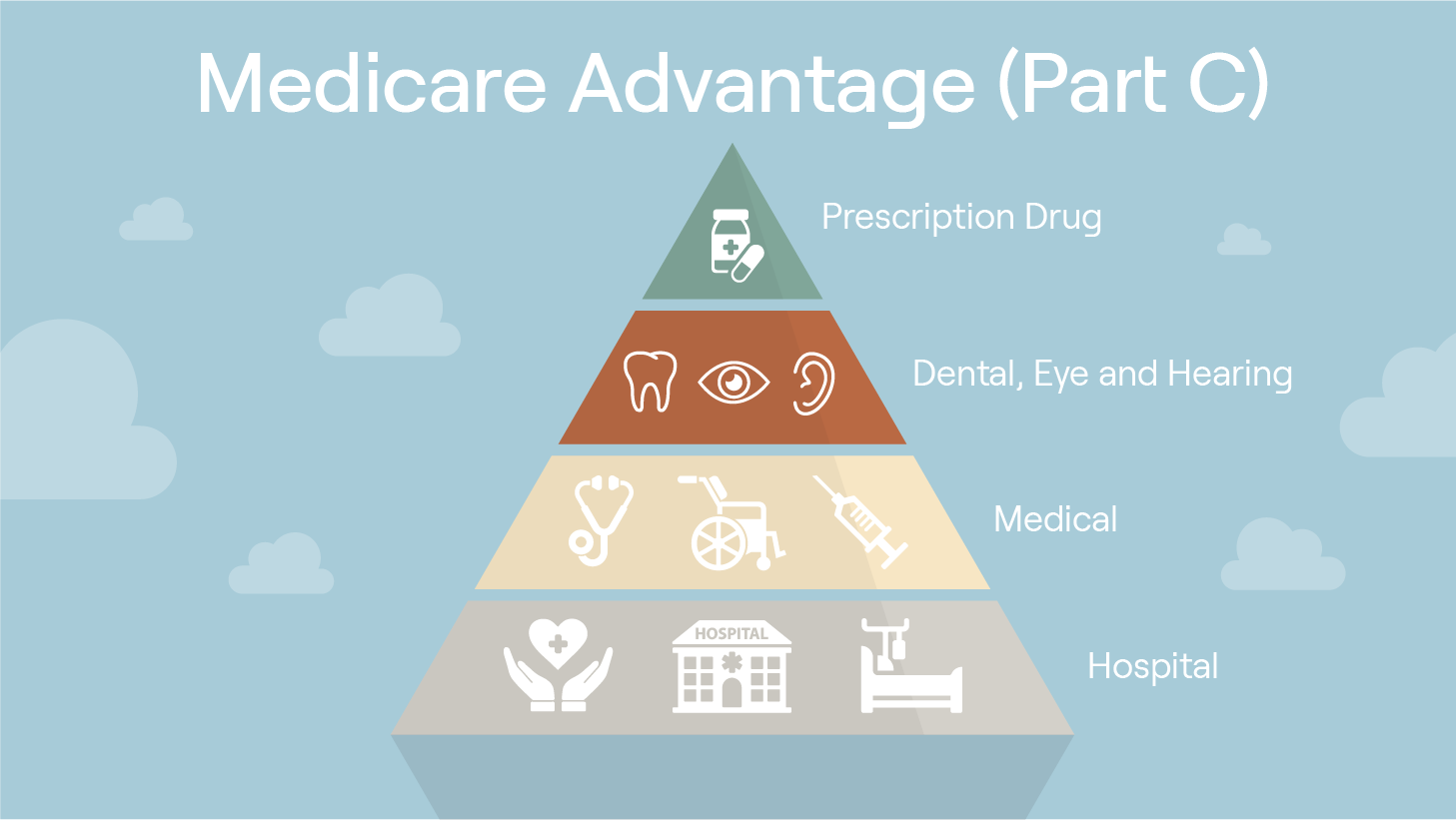How Life Insurance Premiums are Affected by Different Lifestyles
Life insurance premiums are affected by a variety of factors, including lifestyle choices. Different lifestyles can have a significant impact on the cost of life insurance premiums. It is important to understand how lifestyle choices can affect the cost of life insurance premiums in order to make informed decisions about coverage.
One of the most important lifestyle factors that can affect life insurance premiums is health. People who lead a healthy lifestyle, including eating a balanced diet, exercising regularly, and avoiding risky behaviors such as smoking and excessive drinking, are likely to receive lower life insurance premiums. On the other hand, people who lead an unhealthy lifestyle, such as smoking, drinking excessively, or engaging in risky behaviors, are likely to pay higher premiums.
Another lifestyle factor that can affect life insurance premiums is occupation. People who work in hazardous occupations, such as construction or mining, are likely to pay higher premiums than those who work in less hazardous occupations. Additionally, people who travel frequently for work may also pay higher premiums due to the increased risk of death or injury while traveling.
Finally, lifestyle choices such as hobbies can also affect life insurance premiums. People who engage in risky hobbies, such as skydiving or motorcycling, are likely to pay higher premiums than those who engage in less risky activities.
In conclusion, lifestyle choices can have a significant impact on the cost of life insurance premiums. It is important to understand how lifestyle choices can affect the cost of life insurance premiums in order to make informed decisions about coverage.
Exploring the Impact of Unhealthy Lifestyles on Life Insurance Premiums
The impact of unhealthy lifestyles on life insurance premiums is an important issue that should not be overlooked. Unhealthy lifestyles can have a significant effect on the cost of life insurance premiums, as they can increase the risk of premature death and other health-related issues.
The most common unhealthy lifestyle choices that can affect life insurance premiums include smoking, excessive alcohol consumption, and a lack of physical activity. Smoking is particularly damaging to life insurance premiums, as it increases the risk of developing serious health conditions such as cancer and heart disease. Excessive alcohol consumption can also lead to health problems, such as liver disease and high blood pressure, which can increase the cost of life insurance premiums. Finally, a lack of physical activity can lead to obesity, which can increase the risk of developing diabetes and other health issues.
Additionally
In addition to the direct impact of unhealthy lifestyle choices on life insurance premiums, there are also indirect effects. For example, individuals who engage in unhealthy behaviors may be more likely to engage in risky activities, such as driving under the influence or participating in dangerous sports. These activities can increase the risk of death or injury, which can lead to higher life insurance premiums.
It is important to note that life insurance premiums are not necessarily higher for individuals who engage in unhealthy behaviors. In some cases, insurers may offer discounts to individuals who make an effort to improve their health. For example, individuals who quit smoking or start exercising regularly may be eligible for lower premiums.
In conclusion, unhealthy lifestyles can have a significant impact on life insurance premiums. Smoking, excessive alcohol consumption, and a lack of physical activity can all increase the risk of premature death and other health-related issues, which can lead to higher premiums. However, individuals who make an effort to improve their health may be eligible for discounts on their life insurance premiums.
The Benefits of a Healthy Lifestyle for Lowering Life Insurance Premiums
Living a healthy lifestyle is one of the most important steps you can take to reduce your life insurance premiums. By making healthy choices, you can lower your risk of developing serious medical conditions, which can lead to higher premiums. Here are some of the benefits of a healthy lifestyle for lowering life insurance premiums.
1st
First, maintaining a healthy weight can help reduce your life insurance premiums. Being overweight or obese increases your risk of developing serious medical conditions, such as heart disease, stroke, and diabetes. These conditions can lead to higher premiums. By maintaining a healthy weight, you can reduce your risk of developing these conditions and lower your life insurance premiums.
2nd
Second, eating a healthy diet can also help reduce your life insurance premiums. Eating a balanced diet that is low in saturated fat, trans fat, and cholesterol can help reduce your risk of developing serious medical conditions. Eating a healthy diet can also help you maintain a healthy weight, which can further reduce your risk of developing serious medical conditions and lower your life insurance premiums.
3rd
Third, exercising regularly can also help reduce your life insurance premiums. Regular exercise can help you maintain a healthy weight, reduce your risk of developing serious medical conditions, and improve your overall health. All of these factors can lead to lower life insurance premiums.
Finally
Finally, avoiding smoking and excessive alcohol consumption can also help reduce your life insurance premiums. Smoking and excessive alcohol consumption can increase your risk of developing serious medical conditions, such as cancer and heart disease. By avoiding these habits, you can reduce your risk of developing serious medical conditions and lower your life insurance premiums.
By following these tips, you can take steps to reduce your life insurance premiums. Maintaining a healthy weight, eating a healthy diet, exercising regularly, and avoiding smoking and excessive alcohol consumption can all help reduce your risk of developing serious medical conditions and lower your life insurance premiums.
How to Reduce Life Insurance Premiums Through Positive Lifestyle Changes
Life insurance is an important part of financial planning, providing financial security for your family in the event of your death. However, life insurance premiums can be expensive, and many people are looking for ways to reduce their premiums. Fortunately, there are several positive lifestyle changes that can help you reduce your life insurance premiums.
First, maintaining a healthy lifestyle is one of the best ways to reduce your life insurance premiums. Eating a balanced diet, exercising regularly, and avoiding smoking and excessive alcohol consumption can all help to lower your premiums. Additionally, managing any existing health conditions, such as high blood pressure or diabetes, can also help to reduce your premiums.
Second, reducing your risk of injury or death can also help to lower your life insurance premiums. Taking safety precautions, such as wearing a seatbelt when driving, can help to reduce your risk of injury or death. Additionally, avoiding dangerous activities, such as skydiving or rock climbing, can also help to reduce your premiums.
Finally, shopping around for the best life insurance policy can also help to reduce your premiums. Comparing different policies and their premiums can help you find the best deal for your needs. Additionally, some life insurance companies offer discounts for certain activities, such as completing a health assessment or taking a defensive driving course.
By making positive lifestyle changes and shopping around for the best policy, you can reduce your life insurance premiums and ensure that your family is financially secure in the event of your death.
Understanding the Impact of Risky Lifestyles on Life Insurance Premiums
Life insurance premiums are an important consideration for individuals and families who are looking to protect their financial future. While life insurance is an important part of any financial plan, it is important to understand that certain lifestyle choices can have an impact on the cost of life insurance premiums.
Risky lifestyles, such as smoking, drinking alcohol, and engaging in dangerous activities, can all have an effect on the cost of life insurance premiums. Smokers, for example, are typically charged higher premiums than non-smokers due to the increased risk of health complications associated with smoking. Similarly, individuals who engage in dangerous activities, such as skydiving or motorcycling, may also be charged higher premiums due to the increased risk of injury or death associated with these activities.
In addition to lifestyle choices, other factors can also affect the cost of life insurance premiums. Age, gender, and health history are all important considerations when determining the cost of life insurance premiums. Generally speaking, younger individuals are charged lower premiums than older individuals due to the increased risk of death associated with age. Similarly, individuals with a history of health problems may be charged higher premiums due to the increased risk of death associated with their health condition.
It is important to understand the impact of lifestyle choices on life insurance premiums in order to make informed decisions about financial planning. By understanding the potential impact of lifestyle choices on life insurance premiums, individuals can make informed decisions about their financial future and ensure that they are adequately protected.
- How to Calculate Your Life Insurance Coverage Needs
- Retirement Planning in Valrico, FL: Essential Tips for a Secure Future
- How to Prevent Critical Illness: Tips and Tricks
- Retirement Solutions For A Healthier Financial Future
Benefits of Medicare Advantage for Veterans
Veterans and Medicare Advantage plans represent a crucial intersection of health- care services designed to enhance the medical coverage available…
10 Essential Insurance Tips to Protect Your Future
1. Assess your insurance needs based on income, assets, and dependencies. 2. Understand policy types: life, health, auto, home, and…
ACA 2025 Open Enrollment
The ACA 2025 Open Enrollment Period represents a pivotal opportunity for individuals and families to obtain health insurance coverage under…
Medicare Annual Enrollment Period 2025
The Medicare Annual Enrollment Period (AEP) for 2025 is a critical time for beneficiaries to review and adjust their Medicare coverage, running…
Medicare Advantage and the Nearing Annual Election Period
Medicare Advantage and the Nearing Annual Election Period Introduction Navigating Medicare can feel like trying to read a map written in a…
Understanding Medicare Advantage Plans
Understanding Medicare Advantage Plans Medicare Advantage plans have become a popular alternative for people who want more flexibility and comprehensive coverage…












